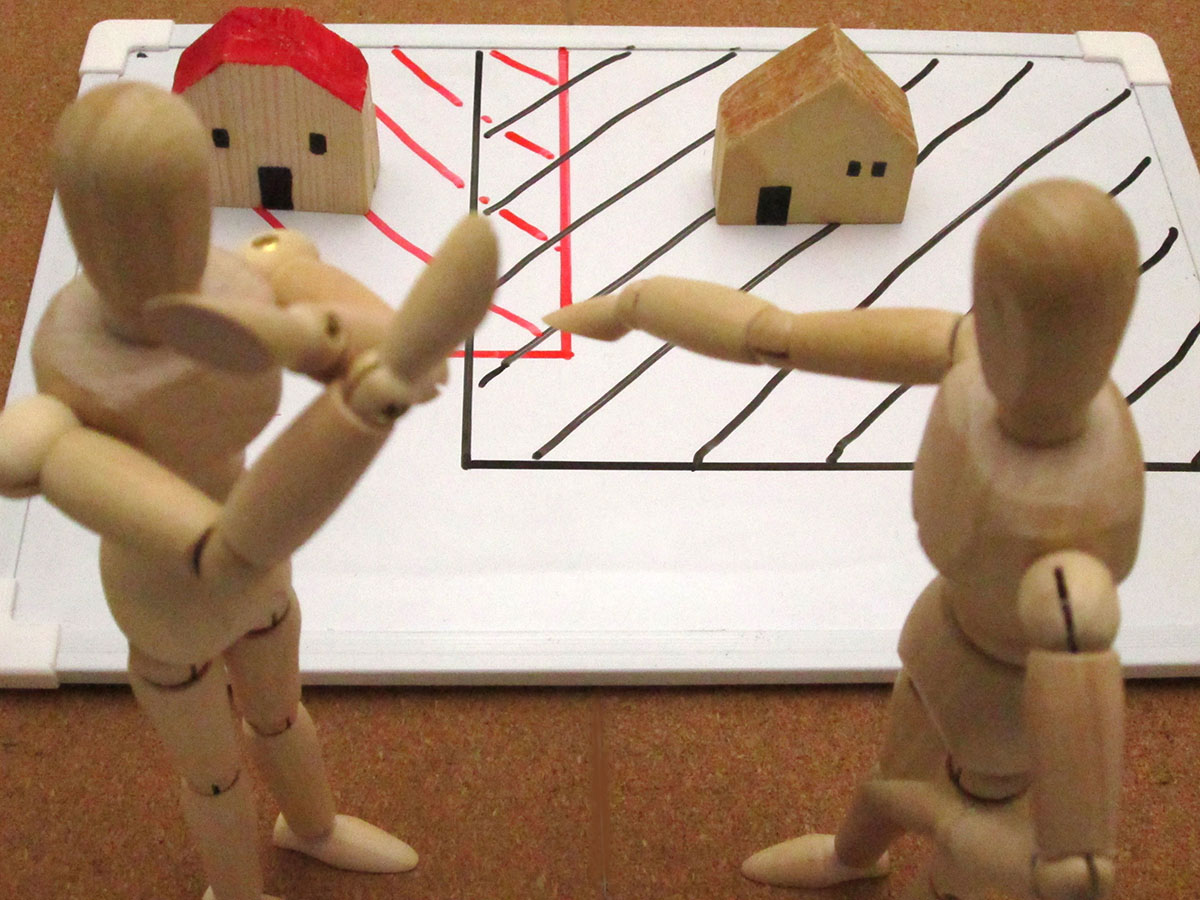Limitations on Property Owner Rule

Are property owners allowed to testify about the cost of repairing their own property without other evidence? The Dallas Court of Appeals recently placed some limitations in the so-called Property Owner Rule.
In William Lisle and Smith-Lisle Holdings, Ltd. v. Do-Mo Joint Venture, a dispute arose between two commercial property owners when Lisle and SLH, a landscaping company, purchased the property next door to Do-Mo’s property which housed medical offices. After SLH bought the property, it removed the house from the property and began work to make improvements. The improvements consisted of building a concrete driveway with a higher elevation than the surrounding property and a gravel ramp to stop water from flowing onto the property, removing vegetation on the property border between the Do-Mo property and SLH property, and erecting a wall between the two properties. The Do-Mo property owners also noticed increased traffic in their parking lot, notably from large trucks that were traveling to and from the SLH property.
While SLH’s modifications to its property were occurring, Do-Mo retained counsel and the parties exchanged letters related to the removal of vegetation that SLH and Do-Mo shared ownership of and Do-Mo’s lack of consent to the removal of the vegetation. Additionally, once the traffic from trucks increased, the parties exchanged letters related to damage the trucks were causing to Do-Mo’s asphalt parking lot.
At trial, three issues remained: 1) Did SLH trespass on Do-Mo’s property by diverting the natural flow of water and flooding Do-Mo’s property?, 2) Did SLH trespass on Do-Mo’s property by crossing the property line to remove vegetation that was on both SLH and Do-Mo’s property?, and 3) Did SLH trespass on Do-Mo’s property by either driving or instructing others to drive through their parking lot? The jury found that SLH trespassed on Do-Mo’s property and that the truck traffic as well as the flooding caused damage to Do-Mo. SLH appealed the jury’s verdict.
On appeal, the Dallas Court of Appeal considered the issue of whether Do-Mo’s testimony was sufficient to prove its alleged damages. At trial, Do-Mo’s representative testified it would cost $200,000 to “get a good parking lot” and relied on the Property Owner Rule. The Property Owner Rule allows a property owner to testify about the value of their property and/or the cost to repair damage to their property.
The $200,000 repair cost was premised on Do-Mo’s owner testifying that he had received multiple estimates to replace the parking lot and that the City requires full replacement when more than 40% parking lot has to be replaced within 12 months. The estimates SLH’s owner relied upon each used different square-footages and none took depreciation into account. Do-Mo did not produce or present to the jury any of the estimates, any document showing the square-footage of the parking lot, or any document showing that 40% of the parking lot had to be replaced within a 12-month period. The Dallas Court of Appeals held that the testimony of Do-Mo’s owner was insufficient because no evidence supported his testimony, and “blanket testimony” of a property owner is not enough.
The Property Owner Rule can be a cost and time saving means for a property owner to prove damages. However, as the Do-Mo Court held, it is not without limitations. Statements as to value or cost must be proven with admissible evidence. Many times, particularly in construction disputes, evidence must be prepared by an expert witnesses, undermining the potential cost savings of the Rule.
The attorneys in our Austin and Dallas office have successfully challenged application of the Property Owner Rule and regularly work with clients to create admissible damage models. If you should have any questions about damages in construction disputes, please contact us at info@gstexlaw.com.
Legal Disclaimers
This blog is made available by Gerstle Snelson, LLP for educational purposes and to provide general information about the law, only. Neither this document nor the information contained in it is intended to constitute legal advice on any specific matter or of a general nature. Use of the blog does not create an attorney-client relationship with Gerstle Snelson, LLP where one does not already exist with the firm. This blog should not be used a substitute for competent legal advice from a licensed attorney.
©Gerstle Snelson, LLP 2023. All rights reserved. Any unauthorized reprint or use of this material is prohibited. No part of this blog may be reproduced or transmitted in any form or by any means, electronic or mechanical, including photocopying, recording, or by any information storage or retrieval system without the express written permission of Gerstle Snelson, LLP.

